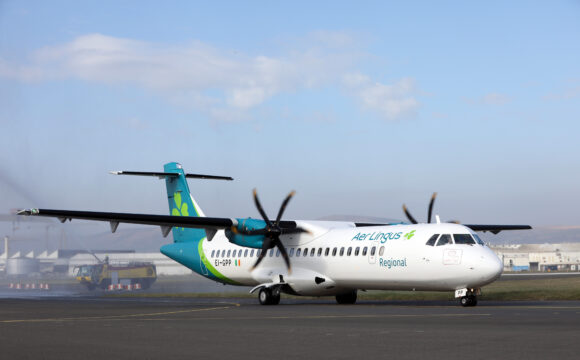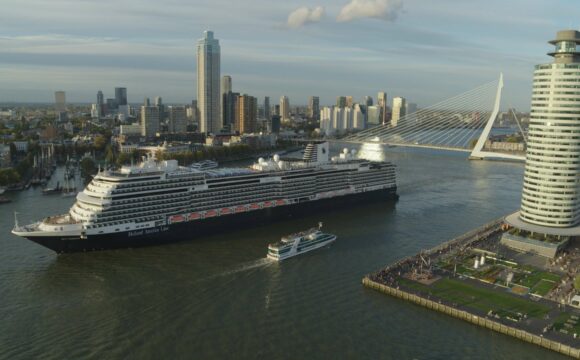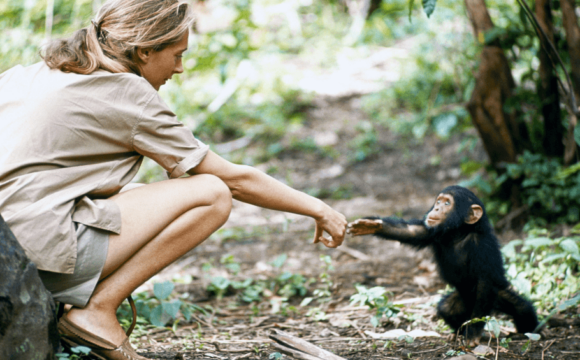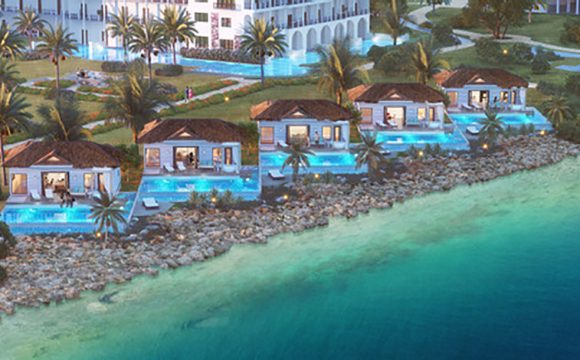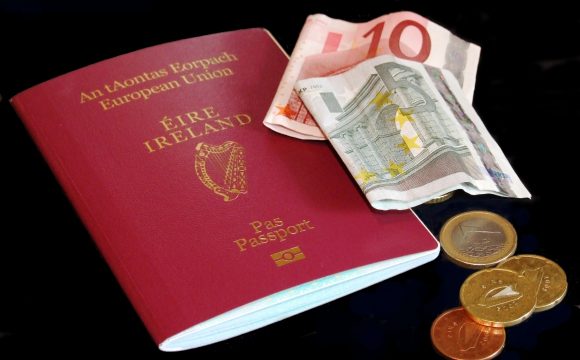Did you know that Spain was leading the way when it comes to sustainability?
From its biosphere reserves, re-wilding projects, electric ferry and World Heritage Site for Whales, Spain is one of the world leaders in sustainability.
SPAIN CELEBRATES ITS UNESCO BIOSPHERE RESERVES
Spain has 53 sites that are designated UNESCO Biosphere Reserves, recognised as being important terrestrial, marine and coastal ecosystems. Efforts are made to continuously maintain environmental standards and protect the natural resources for future generations to enjoy. The sites are protected in order to conserve the biodiversity and cultural diversity of the areas, encourage economic development that is socio-culturally and environmentally sustainable and support development through research, monitoring, education and training. In 2023, various Biosphere Reserves across Spain are celebrating significant anniversaries. The Sierras de Cazorla in Jaen and Marismas del Odiel in Huelva are both celebrating 40 years of UNESCO Biosphere Reserve recognition, whilst the islands of Lanzarote and Menorca celebrate their 30-years.
THE BALEARIC ISLANDS APPROVE NEW CIRCULARITY PLAN
The Balearic Islands aim to become one of the world’s first circular destinations and under a new law, all tourism businesses in the archipelago will be required to have a circularity plan. The initiative aims to create a new tourism model for the future with an investment plan of 55 million euros.
The legislation sets out measures including the modification of the scale used to classify hotels, with sustainability having a larger impact on the overall rating, limitations of the use of plastic and paper and the prioritisation of locally sourced food amongst other actions.
2023 RICARDO CODORNÍU IN MURCIA
2023 marks the 100th anniversary of the death of Ricardo Codorníu, a sustainability pioneer known as ‘The Tree Apostle’ in Murcia for having transformed the Sierra Espuña nature park. Shortly before Codorníu visited the park the area had experienced flash floods that had devastated the forest. During the latter half of the 19th century, the park was transformed by Codorníu who formed a body to protect the space and organised the replanting of over 20,000 hectares of pine trees. Through his efforts the park has evolved to have a rich biodiversity, has a network of walks and a range of sustainability activities to get involved with.
To find out more about the walking routes visit here.
GREEN SPAIN SECURES FUNDING TO BECOME LARGEST ECOTOURISM CORRIDOR IN EUROPE
Green Spain is made up of the regions located in the North of Spain including Galicia, Asturias, Cantabria, and the Basque Country. The area encompasses 14 UNESCO Biosphere Reserves, 25 natural parks, almost 2,000 kilometres of coastline and 2,800 rural accommodation options.
Green Spain has secured funding from the Spanish Government to become the largest ecotourism corridor in Europe. This initiative will provide training to tourism companies as well as design and create experiences, products and services based on green and sustainable models. More than 10 associations and 250 tourism companies, located in the protected natural areas of Green Spain, will be able to participate in training courses and obtain ecotourism certifications. The funding will go towards promoting responsible tourism throughout the year 2023.
FIVE NEW VÍAS VERDES ADDED IN 2022
Vías Verdes are old disused railway lines that have been recovered and reconditioned for use by walkers and cyclists. They provide an environmentally friendly way of travelling through Spain to discover its culture and landscapes, connecting cities to the local countryside. There are over 117 routes with over 2,900 kilometres of Vía Verde all over Spain and, in 2022, five new routes were opened in Ciudad Real, Gipuzkoa in the Basque Country, La Coruña, Murcia and Tarragona. There is an accessible guide available that provides detailed information and maps that show which routes are suitable for those with reduced mobility.
For more information visit here and accessible routes here.
LYNX, WILD HORSE, AND VULTURES TO BE REINTRODUCED TO EASTERN SPAIN IN REWILDING PROJECT
A new project has been launched by Rewilding Europe to reintroduce black vultures, lynx, and wild horses to eastern Spain. This project will span 850,000 hectares (2.1m acres) in the Iberian highlands east of Madrid. The project will benefit both nature and the local people and aims to make the land wilder and more nature-friendly. Included in the Iberian highlands project are three core areas – the Serranía de Cuenca, Alto Tajo and Montes Universales. More than half of the landscape is already protected, mainly as sites in the EU’s Natura 2000 network, meaning that it has been designated as among the most valuable for wildlife.
NEW ELECTRIC FERRY INTRODUCED TO CONNECT IBIZA AND FORMENTERA
A new electric ferry was launched on 28 September that connects the islands of Ibiza and Formentera. The ferry has capacity to transport 14 lorries and 350 passengers with very low energy consumption, and without emitting polluting gases in port thanks to its battery-powered electric propulsion. The Cap de Barbaria vessel will have the lowest consumption and emissions of the company’s fleet, while maintaining the cargo capacity required for the route.
ALL CAR PARKS WITH OVER 20 SPACES TO HAVE AT LEAST ONE ELECTRIC CAR CHARGING POINT
From 1 January 2023, it will be mandatory for all private non-residential car parks in Spain with over 20 spaces to have at least one charging point for electric cars. In car parks with more than a thousand spaces for every 1000 spaces, 100 charging points will be installed. This initiative aims to make the use of electric cars more convenient and prepare facilities for the future.
NEW ECOTOURISM EXPERIENCE NETWORK
The largest Spanish biodiversity conservation foundations have come together to create a network of ecotourism experiences in Spain. The Scientific Ecotourism Experiences in Spain project (EECE) aims to improve the competitiveness of destinations and the quality of life of residents focusing on action, governance, innovation, technology, sustainability, and accessibility.
The programme, approved by the Secretary of State for Tourism, involves guided visits for tourists to conservation programmes so that the visitors can learn how to work scientifically to conserve species and their natural habitats. Among its five hundred and forty-three members, the network works to increase synergies, promotes public to private collaboration, and supports the sharing of knowledge.
TENERIFE DECLARED WORLD HERITAGE SITE FOR WHALES
The World Cetacean Alliance has recognised a 22km stretch of water along the southwest coast of Tenerife, from Punta El Fraile (Teno) to Punta Salema (Rasca, Las Galletas), as a World Heritage Site for whales. This recognition was granted thanks to its unique resident population of pilot whales which includes around 200 specimens, the presence of various species of cetaceans, including several dolphins, and the fact that it is also an important migratory route for these species. The distinguished marine area, located between the islands of Tenerife and La Gomera, is the first Whale Heritage Site in all of Europe, and only the third in the world.
For more information visit here.






